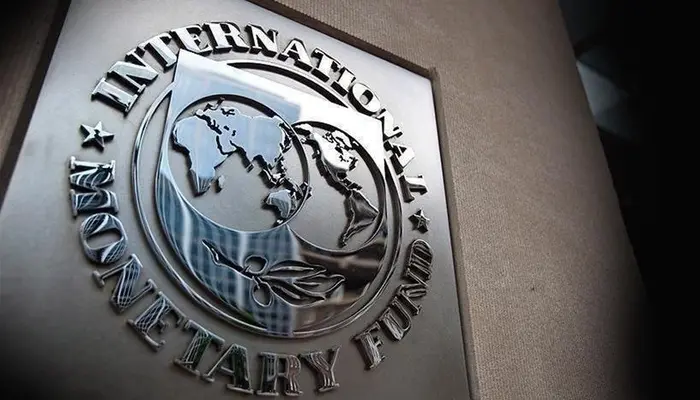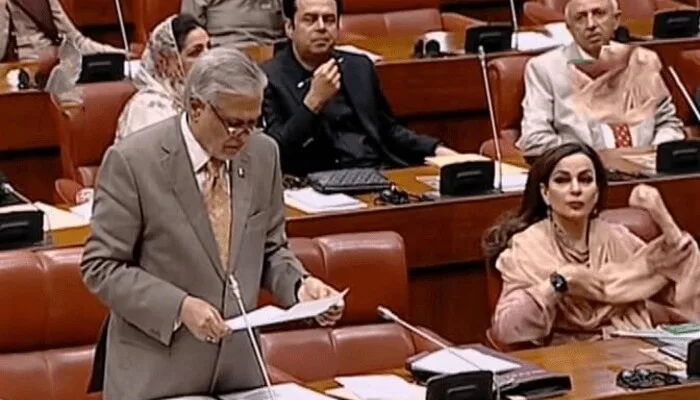
Islamabad: The International Monetary Fund (IMF) has called on Pakistan to introduce additional revenue-raising measures after the Federal Board of Revenue (FBR) fell short of its tax collection targets for the first four months of the fiscal year. This development follows the IMF’s refusal to adjust the FBR’s tax collection goals downward, despite requests from Pakistan.
Pakistan’s Request Denied
During virtual discussions, the FBR requested that the IMF revise its tax targets due to an underwhelming revenue performance. However, the IMF declined this request, urging Pakistan to compensate for the shortfall with further revenue-generating actions. According to FBR sources cited by Express News, the IMF’s firm stance signals a challenging path forward for Pakistan as it works to stay aligned with the $7 billion IMF program requirements.
Loan Tranche at Stake
FBR sources indicated that the revenue shortfall could impact Pakistan’s receipt of the second loan tranche from the IMF. If the shortfall continues or grows, Pakistan may face additional financial conditions. The FBR now must explore alternative revenue avenues to bridge the gap and maintain the flow of IMF funds.
Mixed Progress on Fiscal Conditions
On Thursday, the Ministry of Finance released its fiscal summary for the first quarter (July-September) of the current financial year. The report showed some progress, with Pakistan meeting two significant IMF conditions: achieving a primary budget surplus and net revenue collection by all four provinces.
The federal government achieved a primary surplus of Rs198 billion, surpassing IMF expectations, mainly by booking the entire estimated annual profit of Rs2.5 trillion from the central bank in the first quarter. This approach led to a surplus of over Rs3 trillion, or 2.4% of the gross domestic product (GDP).
Punjab’s Deficit Affects Provincial Performance
The report revealed that Punjab recorded a budget deficit of Rs160 billion within three months, while other provinces reported cash surpluses. Punjab’s deficit weighed heavily on the collective provincial performance, with the target of Rs342 billion in provincial cash surplus missed by a margin of Rs182 billion (53%). The expansionary fiscal policies in Punjab contributed significantly to this shortfall, raising questions about how to meet IMF targets amid local fiscal pressures.
Challenges in Meeting IMF’s Broader Targets
In addition to the shortfall in provincial cash surplus, Pakistan missed other key fiscal targets. The government failed to meet the goals for Rs10 billion revenue from traders and the overall tax target of Rs2.652 trillion. These gaps reflect the challenges Pakistan faces in meeting the stringent requirements of the IMF program.
Pressure on Pakistan’s Fiscal Stability
The Ministry of Finance’s report underscores the challenges Pakistan faces in stabilizing its economy while complying with IMF conditions. Missing the provincial cash surplus target and failing to hit broader revenue goals have added pressure on the government, particularly as the second tranche of the IMF loan hangs in the balance. The Ministry of Finance must address these fiscal gaps if it is to ensure the smooth continuation of the IMF program and maintain its financial commitments.
In the coming months, the FBR will need to identify ways to make up for its revenue shortfall, even as Punjab’s fiscal policies strain provincial targets. As Pakistan navigates these financial obstacles, compliance with the IMF program remains essential to avoid further economic repercussions.
Follow Day News on Google News, Instagram, YouTube, Facebook, Whats App, and TikTok for latest updates











